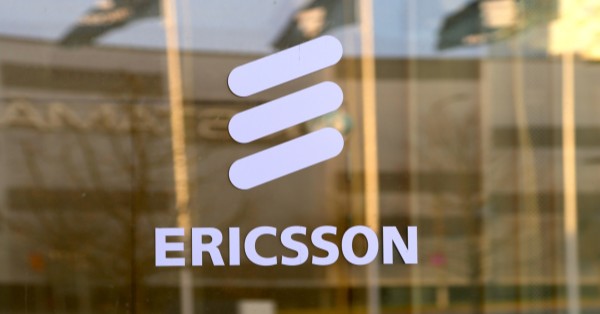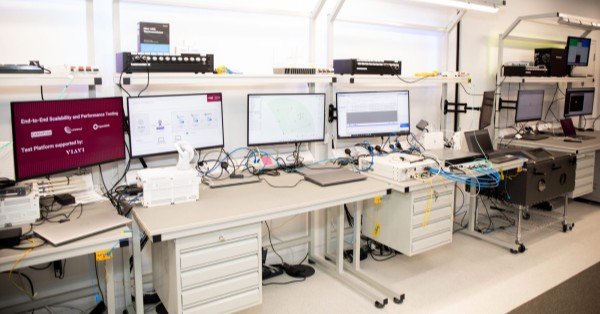In the next few years, the Norwegian Defence Material Agency and Telenor Norway will collaborate to develop new services within the next generation of mobile networks. In the first instance, a private autonomous 5G network will be established for the Armed Forces. A private 5G network ensures lightning-fast data flow and high robustness.
“As one of the Norwegian Armed Forces’ strategic partners, we will now connect the Norwegian Defense’s operational needs with technology and a holistic architecture to increase the Armed Forces’ operational capability. We look forward to working with one of Norway’s largest organizations with innovation and development,” says Birgitte Engebretsen, head of Telenor Norway’s Business Division.
The partnerships involve planning, designing, developing, and operating a pilot on a mobile, autonomous private 5G network, which cooperates with a defense-specific network slice (‘Defense slice’) in the public mobile network. In simpler terms, the Norwegian Armed Forces will have its own tailor-made network in Telenor’s 5G mobile network. The purpose is to develop a service that can be the subject of a future scaled procurement.
A private mobile network is operated completely independently of commercial networks and will stay afloat even if the commercial mobile network is affected. In a pilot project, Telenor has set up a private mobile network for the Norwegian Armed Forces. Private Mobile Networks also have superior security and are therefore well suited to be used by the Armed Forces.
“We have for several years tested 5G and what opportunities it can provide us in the defense sector. We are now taking it a step further by entering into agreements with commercial operators to look at the possibilities of delivering a separate military 5G network that can be combined with the national networks that are now being established,” says Eiliv Ofigsbø, head of ICT capabilities in the Norwegian Defence Material Agency.
“Looking ahead, it is clear that interaction between military units that can be connected to either private autonomous 5G networks or military network slices in Telenor’s commercial network is a natural goal for the cooperation. Our ambition is to increase the Norwegian Armed Forces’ operational capability by delivering Telenor’s services. This type of technology collaboration contributes to future societal development,” says Engebretsen.
The Norwegian Armed Forces and Telenor Norway entered into a strategic ICT partnership in 2018, which forms the basis for this contract.






























